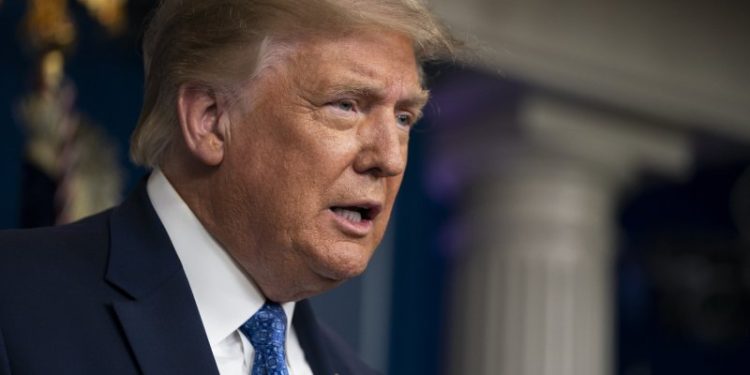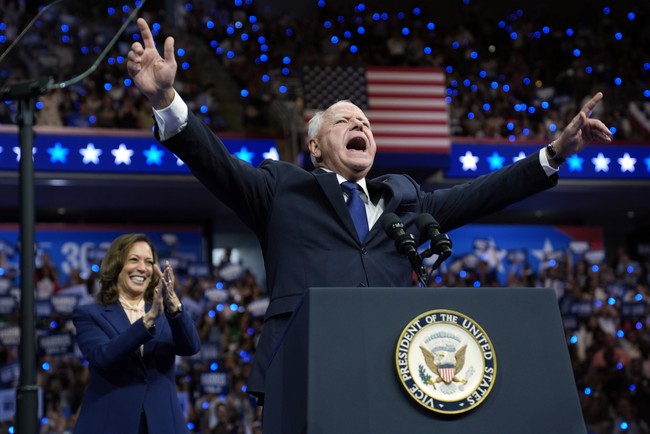Trump’s attorneys have proposed a newly revised schedule for the case, extending into mid-2025 and including various due dates throughout the final weeks of the election and beyond. The 10-page joint filing reveals a notably passive stance from special counsel Jack Smith, who stated that the court schedule should begin “promptly,” but left the specifics to Judge Tanya Chutkan’s discretion.
Trump’s defense team and prosecutors will further elaborate on their scheduling positions during a hearing on Sept. 5, but Chutkan will make the final decision on how to proceed. This scheduling dispute follows a months-long pause while the Supreme Court considered Trump’s presidential immunity argument. The high court ruled largely in Trump’s favor, affirming that presidents enjoy some immunity from criminal prosecution for actions performed as part of their official duties.
As a result, Smith has revised his allegations in a superseding indictment to align with the justices’ order, while still maintaining his original four felony charges against Trump. The joint filing shows disagreement between Trump’s attorneys and prosecutors over the next steps, with both sides agreeing that they must argue to Chutkan whether Trump’s charges fall under immunized conduct.
Addressing Trump’s charges in court will likely involve revisiting his controversial actions following the 2020 election, including his refusal to concede defeat, the riotous trespass into the U.S. Capitol by his supporters, and the failure of his legal team to convince judges of voter fraud.
Prosecutors argue that determining what constitutes immune conduct should be prioritized, while Trump’s attorneys believe this “invasive” process may be unnecessary if Chutkan grants their dismissal requests. They contend that such requests should be addressed before any other proceedings. “The Court should take every reasonable step possible to resolve the case on legal grounds, before permitting an invasive public inquiry regarding President Trump’s official conduct while in office,” Trump’s attorneys wrote.
Trump’s attorneys also plan to spend two months challenging Smith’s appointment as special counsel, citing a similar argument from Trump’s Florida case and Justice Clarence Thomas’s opinion raising “serious questions” about Smith’s appointment. They “may” seek dismissal of the charges based on Smith’s inclusion of allegations related to Trump pressuring former Vice President Mike Pence, which they deem “improper” under the Supreme Court’s view of presidential immunity.
Additionally, Trump’s attorneys believe the Supreme Court’s recent ruling in Fischer v. United States, which narrowed the scope of an obstruction charge Trump faces, supports their attempt to dismiss the case on that front as well. They emphasized that the Supreme Court’s rulings provide them with new legal avenues to challenge the case and extend the pre-trial process, potentially into next year if Trump wins the election. “Fully considering, researching, briefing, and resolving each of these potential motions will take considerable time and resources, commensurate with their ‘unprecedented and momentous’ importance,” they wrote, adding, “Our proposed calendar accounts for this.”
Even if Chutkan sides with Smith on the issue of immune conduct, Trump will have the opportunity to appeal, potentially lengthening an already extended process.
 Telegram is where we really talk. Don't miss out!
Telegram is where we really talk. Don't miss out!








